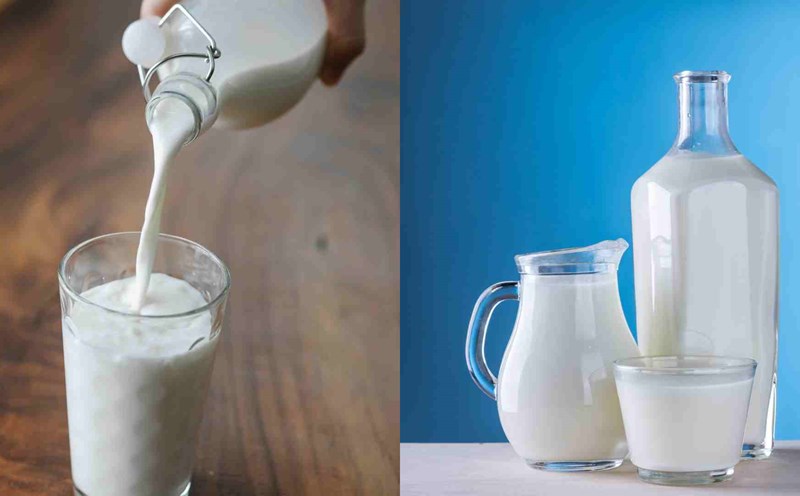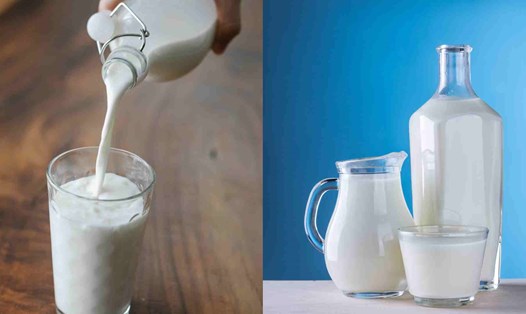Teeth grinding, poor sleep, late teething, slow walking, scoliosis, excessive sweating... are related to calcium deficiency in children.
About 99% of the body's calcium is found in the bones and teeth. Short-term calcium deficiency does not cause obvious symptoms because the human body has a very complex self-regulating system. If there is not enough calcium in the blood, some calcium will be taken from the bones.
Our bodies cannot synthesize calcium so we must get it from our diet. The best sources of calcium in food are products including milk, yogurt and cheese.
For children under one year of age, there is currently no recommendation for daily calcium intake. For healthy children aged 0-12 months, regardless of feeding method, as long as the child gains weight well, there is no need to worry about calcium deficiency.
For children aged 1-3 years, the amount of calcium needed is only 500-600 mg per day. As for the calcium content in dairy products, one cup (250 ml) of whole milk contains about 165 calories, 9.5 grams of fat, 8 grams of protein and 305 mg of calcium. Therefore, the recommended daily calcium intake for children aged 1-3 years can be supplemented from milk.











